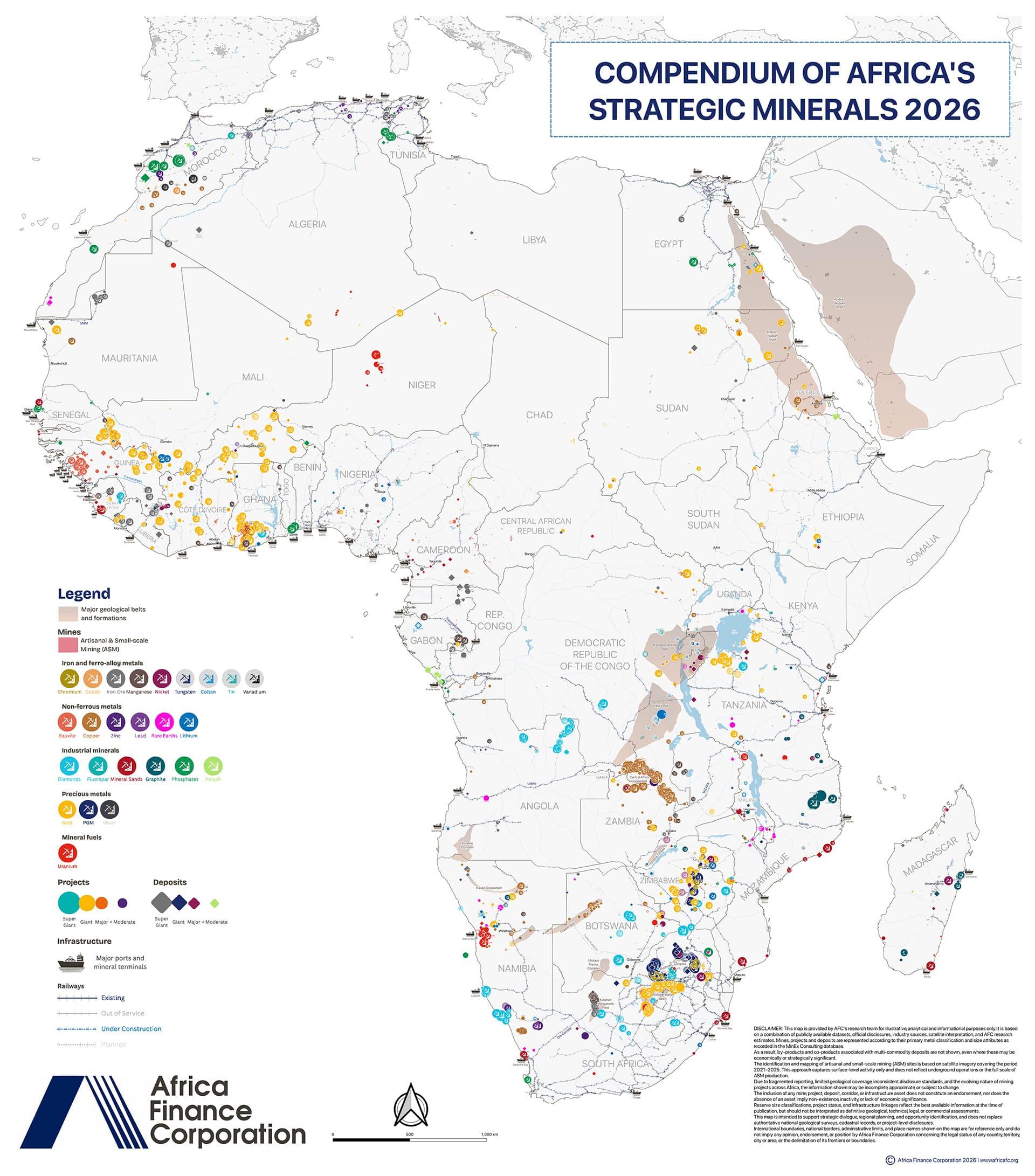The Board of Directors of the African Development Bank Group (www.AfDB.org) approved a $2.5 million grant to prop some 10,000 small horticultural businesses in Tanzania. The funds, approved on 19 October 2023, will come from the Global Agriculture & Food Security Program to support mainly food system service providers in rural areas.
The programme aims to increase the production and marketing of horticultural products to mitigate the effects of the Covid-19 pandemic. It includes promoting sustainable and climate-smart agricultural and agro-ecological techniques and management strategies for biodiversity and landscapes. It will boost production, climate consultancy services and post-harvest management.
The scheme will be implemented in four regions: the rural district of Morogoro, Mvomero district in Morogoro region; Wanging’ombe district in Njombe region, and Kaskazini ‘A’ and ‘B’ districts in Unguja, Zanzibar. It targets five value chains: spices such as cloves, cinnamon, ginger, black pepper and garlic; tomatoes; peas; green beans and potatoes.
Other components include building at least five climate-resilient facilities for sorting, classification, bulk packing, packaging and storage to reduce post-harvest losses. A multi-purpose, climate-resilient processing facility for spices will be established in the Morogoro district in the eastern side of the country to process spices for local and regional markets.
The project will allow small operators in Tanzania to improve the efficiency of their agricultural activities, substantially increasing the volume and quality of products per unit of surface area. In the long term, these benefits should significantly impact other farmers, which should help more agricultural communities and the country as a whole.





